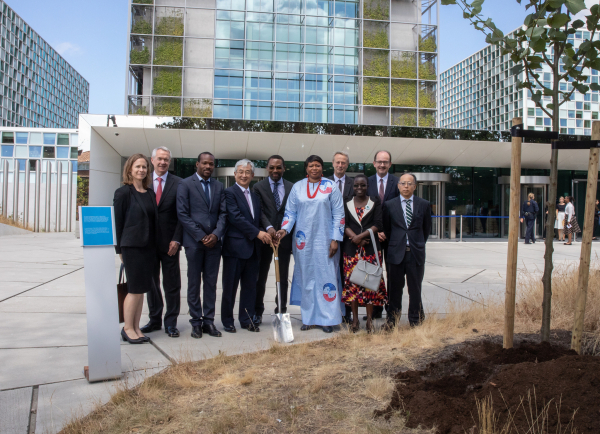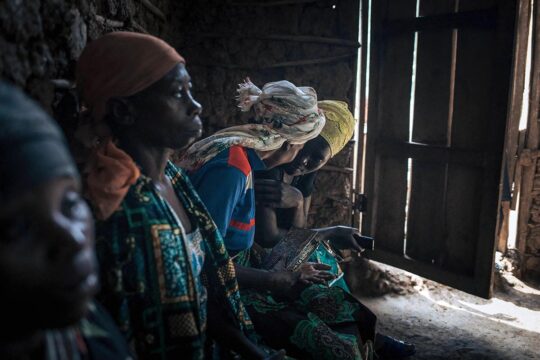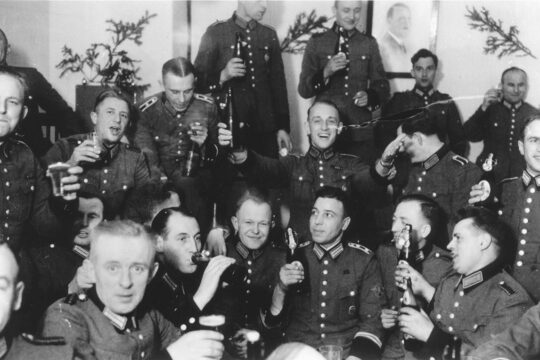This week was marked by the celebration on July 17 of 20 years since the signing of the Rome treaty which founded the International Criminal Court (ICC).
Despite its difficulties in arresting top suspects like Sudanese president Omar Al Bashir, despite the veto of big powers that stops it intervening in situations like Syria, and despite various attempts by governments to manipulate it, “the ICC opened up the possibility of global justice”, says Human Rights Watch director Kenneth Roth in an interview with JusticeInfo.
Created as the world’s first permanent international criminal court, to consolidate the legacy of Nuremberg and the ad hoc tribunals for Rwanda and former Yugoslavia, the ICC “signals theoretical commitment by the international community to attack the impunity that so often stood behind mass atrocities”, according to Roth.
On the occasion of this 20th anniversary, Dutch organization Impunity Watch, called in a report on the Democratic Republic of Congo (DRC) for support to local transitional justice initiatives in South Kivu province as an indispensable complement to the work of the Congolese courts and the ICC. “Local initiatives are often implemented quickly and provide the support or answers that are needed at the right moment” because they are “physically and culturally closer to the communities where the violence was perpetrated”, the report’s author Gentil Kasongo told JusticeInfo.
Meanwhile Tunisian university professor Larbi Chouikha examines the way in which his country’s mainstream media - notably radio and television – cover events linked to the transitional justice process after the Revolution of December 2010-January 2011. “The way the mainstream media cover controversial subjects like transitional justice and also the debates on social media reflect the divisions in Tunisian society,” writes Chouikha. “This latent polarization gives rise to tensions reflecting the interests of the different people involved or affected by the transitional justice process: property owners, shareholders, journalists, etc.” He regrets that “these tensions tend to rise against each other and the main opponents of transitional justice are even trying to turn the opinion of the majority against the process”.
Finally to Rwanda, where an appeals court overturned the life sentence of academic Léopold Munyakazi for participation in the 1994 genocide. The judges retained only the lesser charge of “minimizing genocide”. Munyakazi, who was in 1994 secretary general of Rwandan trade union federation CESTRAR after being a linguistics professor at the University of Rwanda, had his sentence reduced to nine years. He was extradited from the United States in September 2016.






